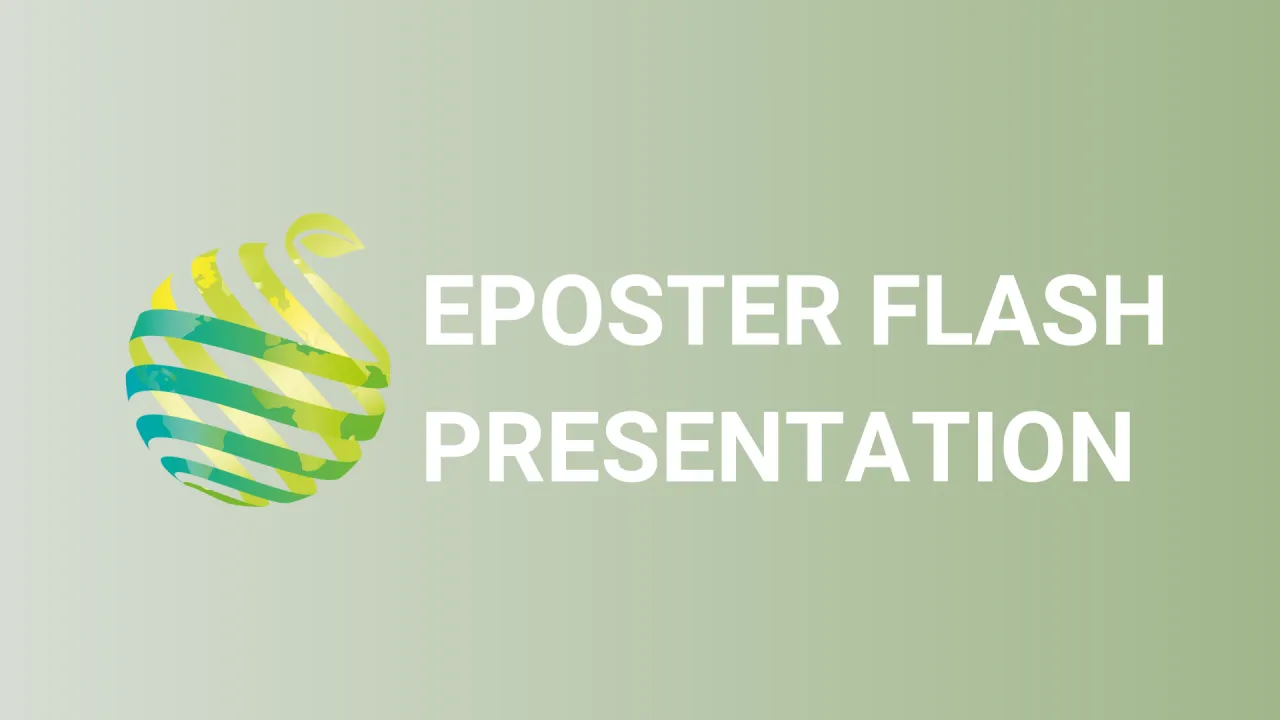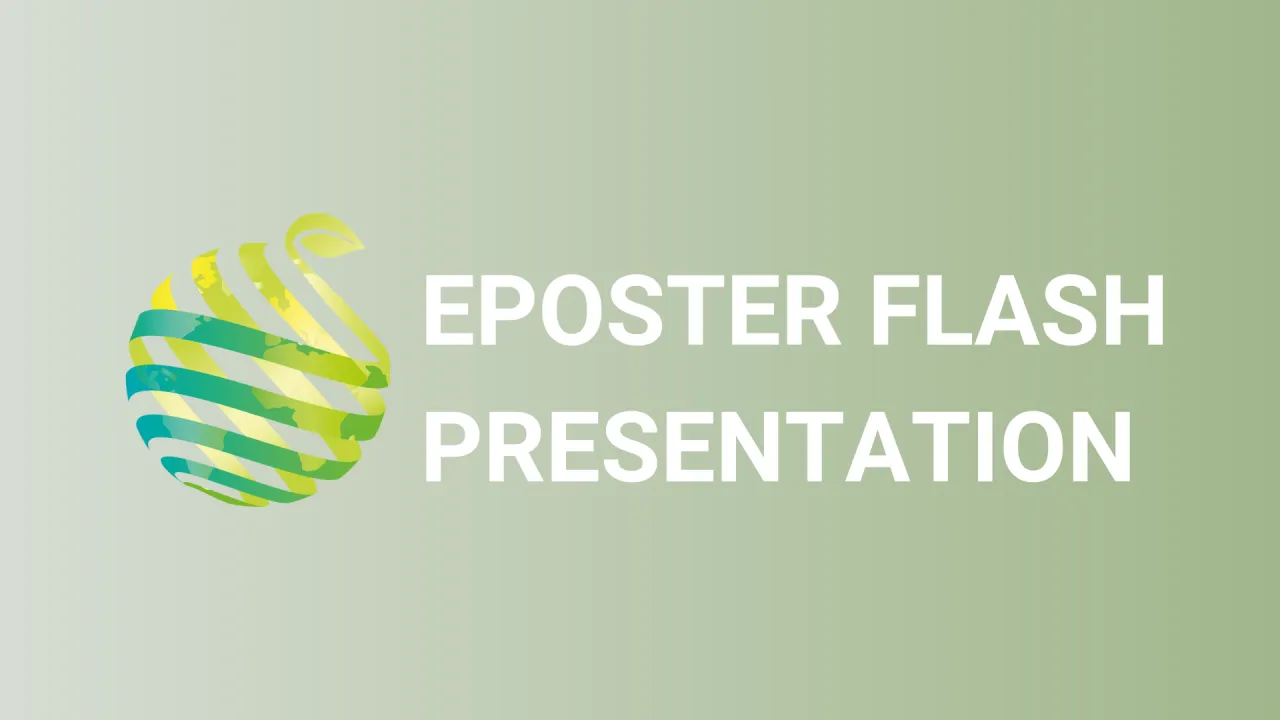

S14 - Session P2 - Screening of commercialized protection products against apple canker in controlled conditions
Information
Authors: Caroline Bonneau *, Marion Sineux, Emmanuelle Osbert, Lionel Vandekerckhove, Caroline Servant, Olivier Zekri, Claude Coureau, Laëtitia Porcher
Apple canker caused by Neonectria ditissima has spread to many apple production areas. It is an economically important disease, as most modern apple varieties are susceptible. Canker damage occurs in the fruit growing areas. Previous scientific reports demonstrated fungicide biocide activity in vitro , but protection efficiency was rarely confirmed on plants. This study was performed within the collaborative project NECTOOL, with the aim to assess commercialized protection products for (i) biocide activity, (ii) protection efficiency on plants and (iii) quantification of N. ditissima DNA by qPCR. The large-scale biocide profiling was performed by automated laser nephelometry recording fungal growth on microplate reader. A protocol with artificial inoculation on plants was developed. Different methods of inoculum (spores versus mycelium), inoculation localization (on branch wound, pruning cut, leaf stripping wound, wound under bud, or within stem with a thin syringe) and biological material (apple trees or seedlings) were compared by measuring canker lesion length and quantification by qPCR. Results of biocide profiling on 16 products at 5 doses showed 3 types of patterns: high, moderate or light biocide activity according to doses.10 products were selected for further screening on plants. Comparison of artificial inoculation methods indicated that spore-based inoculum placed on bud wound from apple trees, as well as stem inoculation of spores through syringe on apple seedlings were reliable protocols. Products were then assessed on apple trees for their disease protection efficiency. A significant and moderate level of protection was observed for 3 products out of 10. Interestingly, a very low level of N. ditissima DNA was detected by qPCR for 2 of these products. To our knowledge, this is the first time that a reliable protocol in controlled conditions to screen products efficiency against apple canker or apple varieties behaviour for their level of resistance is available in France.